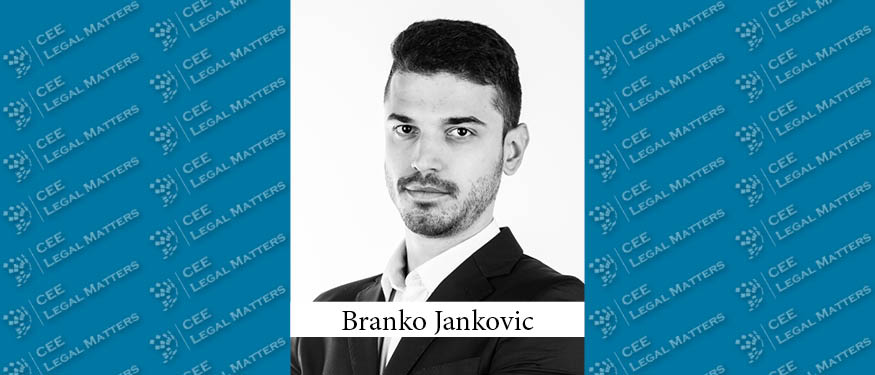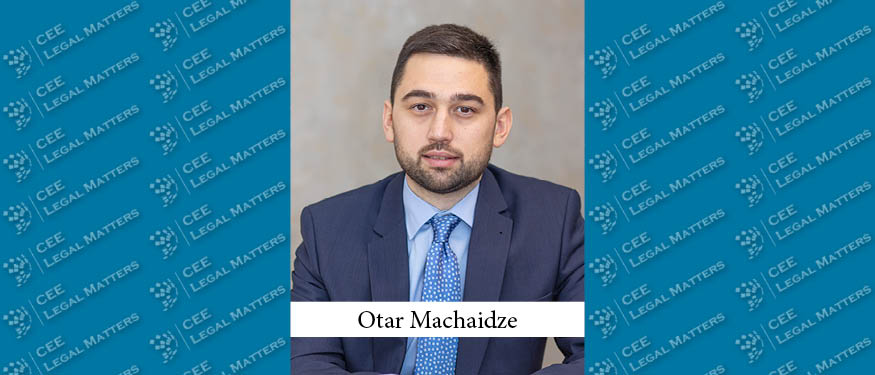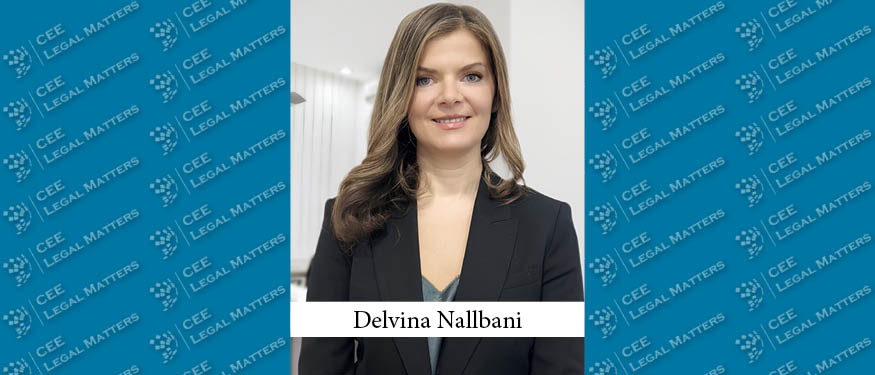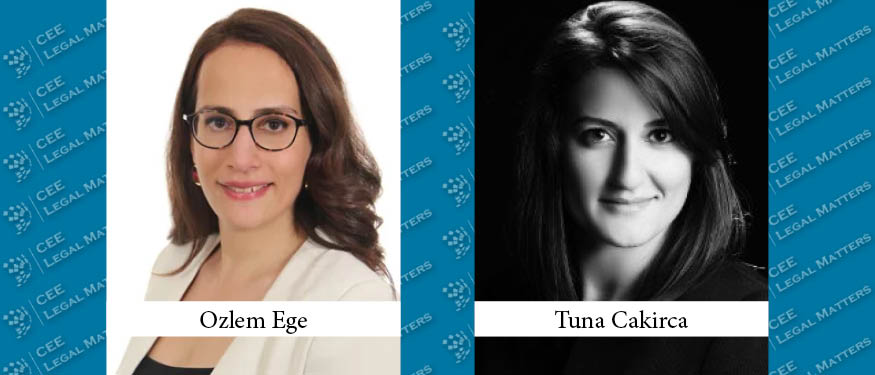In addition to hiring employees with appropriate education/work experience, finding employees with profiles indicating that they will be a good match for your legal team is a crucial factor in successful HR management and employee career development.
Unlike big law firms, most in-house legal departments do not contain dozens of lawyers and legal assistants. For this reason alone, it is critical to choose the right people. The legal department tends to be an intersection of sorts for the traffic of all the other departments – and for successful risk mitigation and effective achievement of the company’s objectives, it should be. That is why the importance of staffing them not only with people of the desired level of education and work experience, but with colleagues whose profiles and personalities suggest that they will fit in well and make a valuable contribution, cannot be overstated. For it is true that a single person can affect the stability of a department and even the entire company, both positively and negatively.
Hiring new legal team members must therefore be a very careful and thought-through process, and the best way to make the right choices is having current legal team members assist the HR department in the selection. The whole story of a new colleague and the future of the legal team starts with recruitment.
In Ahold, our legal team works very closely with our HR colleagues and we have established a successful mechanism of selection, as it is difficult even to imagine how we could hire a candidate with the right profile without bring personally involved in the process. What plays a role in the process – besides the breakdown of expectations and work experience, areas where our HR colleagues are certainly stronger than we are – are the “technical” skills required of the ideal candidate for a position in our legal team. These skills include communication skills and abilities, ways of thinking, problem solving abilities, and the candidate’s overall mind set. In my opinion, without underplaying the role of legal and psychological tests, a personal touch is irreplaceable. There must be direct personal contact from the very beginning. Either you find somebody with whom you are on the same wavelength and you quickly see and feel that your cooperation is likely to be smooth and successful, or you don’t. It’s the proverbial sixth sense that we’d better turn on and use if we hope to find an ideal candidate.
In Ahold’s Legal Department, we do not focus our search on top specialists in a given area; rather, we look for strong personalities who are resourceful and flexible in handling their tasks, capable of effectively applying and reorienting their legal education and experience to the needs and workings of the company. They should be helpful to others and able to deal with legal solution requests in an efficient and practical manner.
Most members of our team come from the legal profession and are members of the Bar. The Bar Exam and prior experience as an attorney certainly work in candidates’ favor. However, previous practice as an attorney brings with it certain impediments at the same time. For one thing, the attorney-client approach is different than the approach required of an in-house lawyer vis-a-vis an “internal” company client. That difference is large, and includes many elements, such as the manner of handling the agenda, communication, attitude, task efficiency evaluation, and the division of powers and responsibilities between the legal department and other departments in the company. Most of our colleagues struggled with this change of environment at the beginning of their time with us – a completely natural reaction.
In addition, typically, an attorney in a law firm communicates with colleagues and partners and the assignments that he or she gets are clearly defined, with full documentation. The form in which the attorney processes her/her tasks conforms to the form preferred by the law firm he/she works for. The various assignments that the attorney handles are of appropriate levels of complexity and significance.
This is rather different from in-house lawyers. Communication within a company is much more challenging than it is within a law firm, and although the Ahold Legal Team is directly subordinated to the Board, the team members still need to be in close and frequent contact with other employees and departments, including shops, as part of their day-to-day agenda. Frequently, they must handle urgent tasks where they are expected to set priorities, and sometimes even to clarify and determine what exactly is needed from them and how to process the task, striving always for effective and practical solutions. Also, they often encounter situations involving issues of overlapping or unclear authority. These aspects of the in-house environment usually take an attorney coming from a law firm by surprise and he or she must learn how to deal with them successfully.
The question of motivation is considered frequently and extensively – but it is almost always described as having three basic component parts: (1) enthusiasm for and satisfaction with the work; (2) teamwork satisfaction and appreciation of the employer; and, last but not least, (3) appropriate rewards and benefits.
The story of job satisfaction is never-ending as long as we work – but it always begins at the recruitment stage. To give a candidate a clear and honest account of the kind of work he or she will be doing and the company’s expectations of them is a key element of the interview – which is why it’s so important for us to be personally present there.
Teamwork satisfaction, along with transparent and clear communication, is in the hands of the head of the department and his or her managerial know-how. The rules for communication he or she lays down have much to do with the team’s response and how the department is perceived by other departments in the company.
The rewards and benefits reflect the economic power of the company, the relevant market standard and, naturally, the department’s results. This third component of motivation is very important, but – as perceived personally and confirmed by previous work experience – the first two parts, in combination, provides the foundation.
Just as the head of the legal department should be there at the beginning – and be personally present at the candidate interviews – he or she should stick to two basic principles of effective, appropriate, and successful management of the legal department: to always know what is going on in the department and what tasks are being handled, and to trust the team. The “one for all and all for one” principle should absolutely apply here. The results of individual team members are the results of the legal department as a whole. No sophisticated management technical rules and reporting can replace personal, regular contact with team members and the building of a platform of trust.
This Article was originally published in Issue 4.4 of the CEE Legal Matters Magazine. If you would like to receive a hard copy of the magazine, you can subscribe here.


















